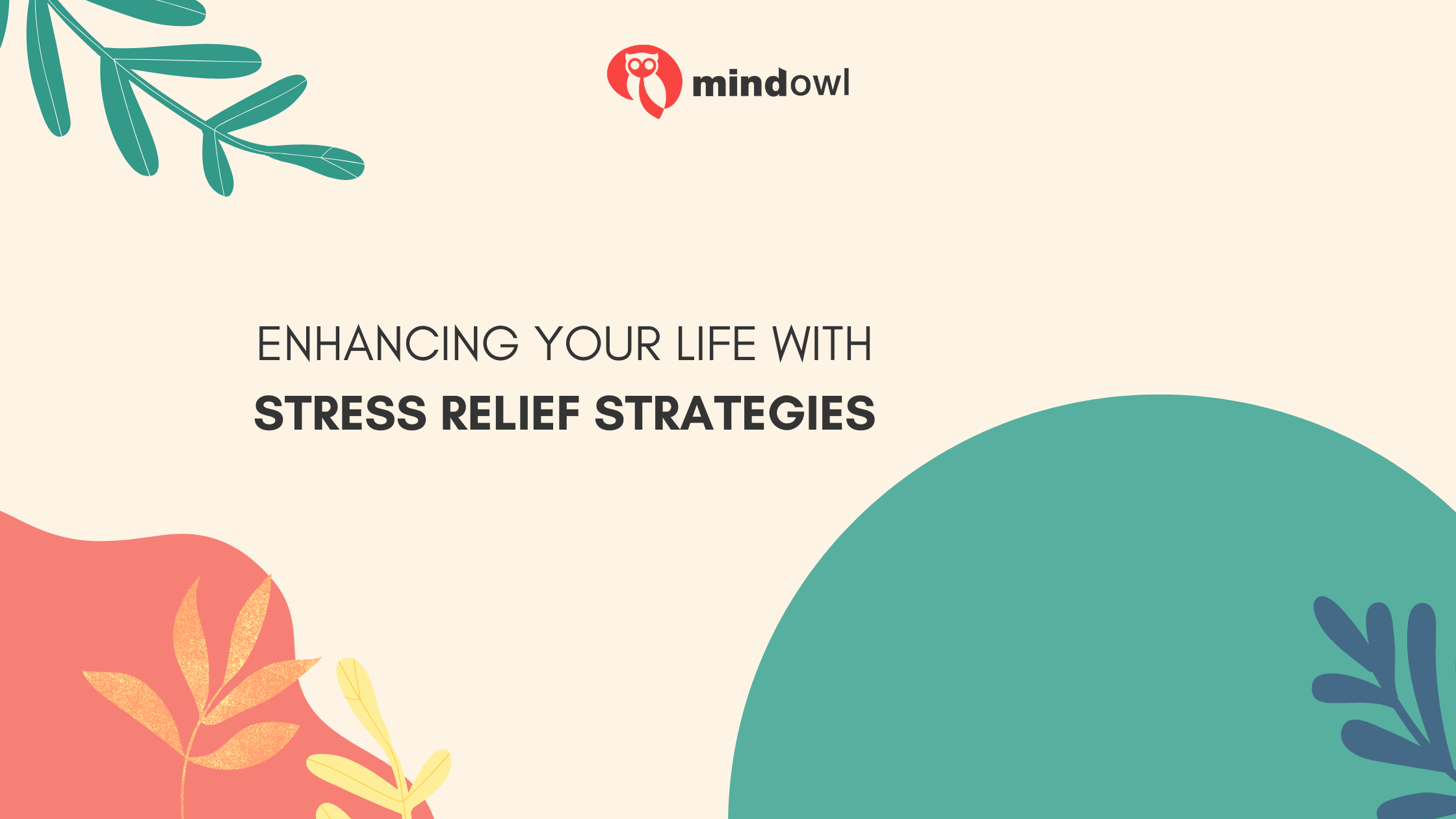
Stress is an inevitable part of life in the hectic era we live in. While some stress can be motivating, too much of it can take a toll on our mental and physical health. Recognizing the need for effective stress relief strategies can enhance your overall quality of life. In this article, we’ll explain various unique and researched-backed methods to manage stress.
Understanding Stress
Before diving into the strategies, it’s important to understand what stress is and how it affects us. Stress is essentially the body’s response to any demand placed upon it. It can manifest through physical symptoms like headaches and fatigue or emotional issues such as anxiety and irritability. Understanding this helps in choosing the right strategies to mitigate it.
Mindfulness and Meditation
One of the most effective ways to manage stress is through mindfulness and meditation. These practices involve focusing on the present moment and accepting it without judgment. Research shows that regular mindfulness practices can reduce stress levels and improve overall well-being. You can start with just a few minutes each day and gradually increase the duration.
Therapeutic Approaches
For those seeking more structured methods, therapeutic approaches can offer substantial relief. Among these, EDMR therapy has been identified as an effective technique for alleviating trauma-related stress.
Art and Creative Expression
Engaging in creative activities such as painting, drawing, or writing can be therapeutic. These activities provide an outlet for expressing emotions and can be incredibly calming. Even if you don’t consider yourself an artist, the act of creating something can be a powerful stress-relief tool.
Physical Activity
Exercise is not just beneficial for your body but also for your mind. Physical activity helps in the release of endorphins, which are natural mood lifters. Whether it’s a brisk walk, yoga, or a high-intensity workout, incorporating some form of exercise into your daily routine can significantly reduce stress levels.
Social Connections
Human beings are inherently social creatures, and strong relationships can be a source of comfort and stress relief. Whether it’s talking to a trusted friend or a family member, or joining a community group, social connections can provide emotional support and a sense of belonging, which are vital for managing stress.
The Power of Nature
Connecting with nature can be a highly effective stress reliever. Spending time in green spaces has been shown to lower cortisol levels, which are directly linked to stress. Whether it’s a hike in the woods or a stroll in the park, nature has a calming effect that can help you feel more grounded and less stressed.
Gratitude Practices
Incorporating gratitude into your daily routine can provide a significant boost to your mental well-being. Keeping a gratitude journal where you regularly write down things you are thankful for can move your focus away from stressors, promoting a more positive outlook on life.
Breathing Exercises
Simple but effective, breathing exercises can act as a quick stress reliever. Techniques like deep breathing, 4-7-8 breathing, and box breathing help lower heart rate and promote a sense of calm. These can be done anywhere, making them a versatile tool for managing stress on the go.
Balanced Diet
What you eat can affect how you feel. A balanced diet rich in fruits, vegetables, lean proteins, and whole grains can help stabilize your mood and energy levels. Avoiding excessive caffeine and sugar can also prevent spikes in anxiety and stress. Hydration is equally important; even mild dehydration can affect your mood and cognitive functions.
Music Therapy
Listening to music can be a powerful way to manage stress. Upbeat music can help improve your mood and boost energy levels while calming tunes can help you unwind. Creating personalized playlists for different moods and activities can provide you with a tailored approach to stress relief.
Sleep Hygiene
Quality sleep is often underestimated in its importance to stress relief. Poor sleep can exacerbate stress, creating a vicious cycle. Maintaining good sleep hygiene, such as sticking to a regular sleep schedule, creating a relaxing bedtime routine, and keeping your sleep environment comfortable, can help reduce and manage stress effectively.
Conclusion
Stress is an unavoidable aspect of present-day life, but with the right strategies, it doesn’t have to control you. By understanding the nature of stress and incorporating practices like mindfulness, physical activity, and social connections into your routine, you can enhance your life and reduce the impact of stress. Take the time to discover which strategies work best for you and make them a regular part of your life.
MindOwl Founder – My own struggles in life have led me to this path of understanding the human condition. I graduated with a bachelor’s degree in philosophy before completing a master’s degree in psychology at Regent’s University London. I then completed a postgraduate diploma in philosophical counselling before being trained in ACT (Acceptance and commitment therapy).
I’ve spent the last eight years studying the encounter of meditative practices with modern psychology.

